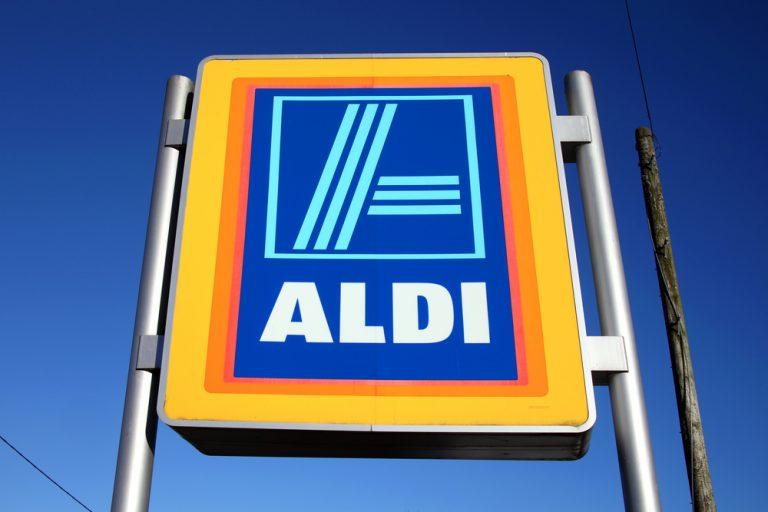
Aldi is continuing to make ground in the British supermarket industry as the firm saw record sales across a busy Christmas period.
The German firm said that it had sold over 55 million mince pies, which was just one of many standout figures from the update.
UK sales in the four weeks to December 24 topped £1 billion for the first time in the company’s history, and marked a 7.9% rise on the same period in 2018, Aldi revealed.
As well as mince pies, Britons also bought 22 million pigs in blankets, and more than two million Christmas puddings.
Aldi UK Chief Executive Giles Hurley said: “More customers than ever before shopped with us this Christmas because they knew Aldi offered unbeatable value on premium products and the lowest prices on festive essentials.”
“Although we saw strong growth across all key categories, sales of our premium Specially Selected range surpassed expectations, as customers snapped up these products for a fraction of the price they would have paid elsewhere,” Hurley said.
The firm saw sales from alcohol boost the supermarkets top lines, with a 9.2% rise in beer sales compared to Christmas 2018 and sales of Aldi’s Champagne and Prosecco rose by 14%.
“Although we saw strong growth across all key categories, sales of our premium Specially Selected range surpassed expectations, as customers snapped up these products for a fraction of the price they would have paid elsewhere,” Hurley added.
The firm saw strong growth in its meat sales, where this sector rose almost 8% as turkeys and roasting beef were “particularly popular”, according to the supermarket.
The supermarket continues to make a name for itself in the British industry, and the big four have come under threat from both Aldi and fellow European rival Lidl.
Kantar reported that Aldi’s share of the grocery market has rise by 1.2 percentage points to 8% since March 2017, making it the biggest supermarket outside the big four of Tesco (LON:TSCO), Sainsbury’s (LON:SBRY), Asda (who are owned by Walmart (NYSE: WMT) and Morrisons (LON: MRW).
Additionally, the Co-op holds a smaller market share of 6.3% where Lidl and Waitrose have taken 6.1% and 4.8% according to Kantar data.
Analyst comments
Neil Wilson, chief market analyst for Markets.com, said that Aldi had delivered a “disappointing trading update”, noting that its sales growth fell short of the 10 per cent in the same period last year and the 11 per cent growth across 2018.
“Like-for-like sales were said to be positive but no figure was provided – for sure almost all the growth is coming from new stores,” he said.
Thomas Brereton, retail Analyst at Globaldata, described Aldi’s number as “enviable”, but said that its five-to-six per cent growth in store numbers during the year meant that like-for-like growth would probably be around three per cent.
“Aldi must now face the fact that it can no longer hope to achieve the same domineering double-digit growth it has done over the past decade,” he said.
The Big four supermarkets will continue to be wary as Aldi are planning to add 300 more stores by the middle of 2020, which would make its UK store presence total at 1174, something which could frighten the British supermarkets.
